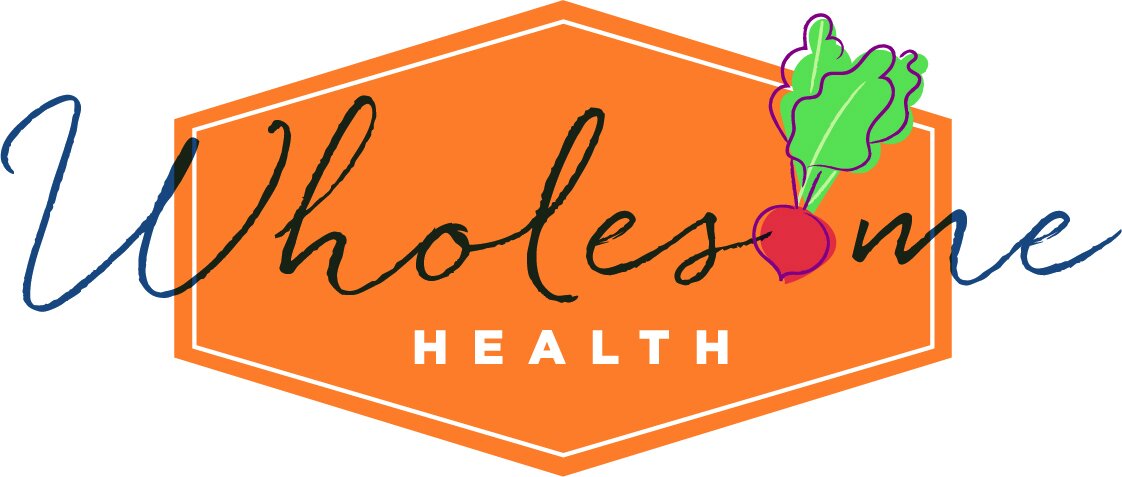Diets 101: Paleo
You may have heard of the paleo diet but wonder what it is. Basically, the idea behind a paleo diet is that you are eating foods common during the Paleolithic Era thousands of years ago. In today’s post, I’ll discuss which foods are allowed and not allowed in a paleo diet as well as the pros and cons of following this type of eating pattern.
What to eat?
Foods included in a paleo diet are those that were around thousands of years ago, such as:
Fruit
Vegetables
Nuts and seeds
Eggs
Meats, specifically grass-fed or wild game
Fish, specifically those high in omega-3 fatty acids (salmon or albacore tuna)
Oil from fruit and nuts (olive oil or avocado oil)
What to avoid?
Foods that cannot be consumed as part of a paleo diet include more modern items such as:
Grains (wheat, barley, oats)
Beans and lentils
Peanuts
Dairy products
Refined sugar
Added salt
Starchy vegetables (potatoes, peas, corn)
Processed snack foods (chips, crackers, cookies)
Pros
Though following a paleo diet can be restrictive, there are several benefits because it is a diet that is based on whole foods rather than many of the more processed ingredients we see in a traditional Western diet. Potential benefits include:
Improved blood glucose and insulin sensitivity
Weight loss
Improved cholesterol and blood pressure
Cons
The paleo diet is quite restrictive and therefore can be challenging to stick with long-term. One of the main issues with the paleo diet is that grains and legumes (beans, lentils, and peanuts) are not included, but these are excellent sources of fiber. Fruits and vegetables of course are great sources of fiber as well, but many people, even on a paleo diet, don’t eat enough fruits and vegetables to reach the recommended daily intake of fiber (25 grams per day for women and 38 grams per day for men).
Additionally, not including dairy in the diet could cause calcium deficiencies, which is detrimental to bone health.
As you can see, there are pros and cons to following a paleo diet. Though a paleo diet includes many healthy foods like fruits and vegetables, it also excludes several healthy foods like dairy and legumes. Before starting a paleo diet, think about your health goals and what effect it may have on your health and well-being.




